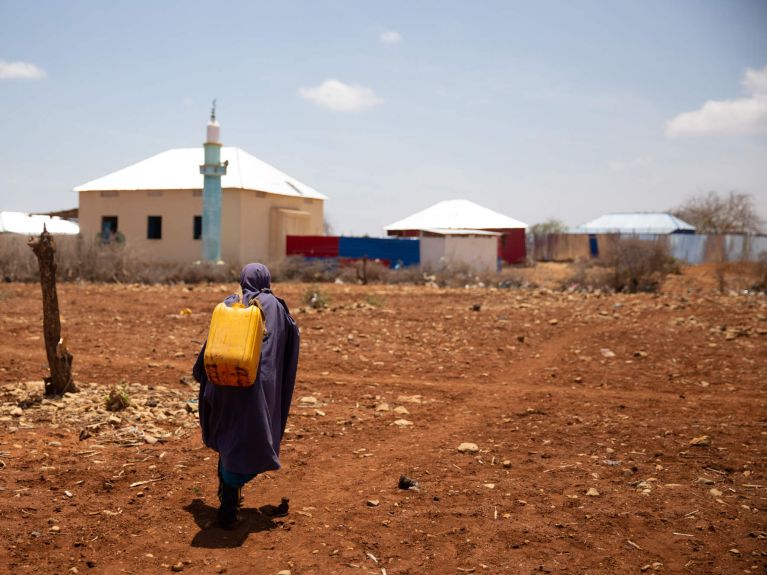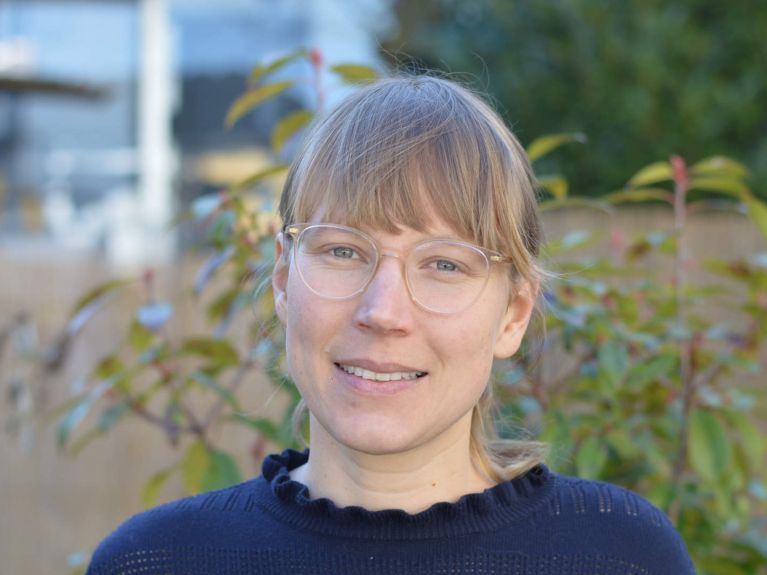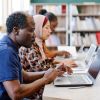“We can effectively treat the consequences of trauma”
Anke Köbach conducts research on violence and its consequences in many countries. In our interview she explains how traumatised refugees can be helped.

Anke Köbach from the University of Konstanz runs various research projects on the subject of violence and the treatment of trauma and aggression. She has worked and researched in countries around the world, including Ethiopia, Brazil, the Democratic Republic of Congo, Rwanda, Senegal and Uganda.
Ms Köbach, how does trauma affect people’s behaviour and mental health? Are there intercultural differences in this respect?
Be it in the Democratic Republic of Congo, Germany or Brazil, the way we humans react to threats to our physical or social integrity differs only marginally. And the way in which trauma manifests itself in our experiences and behaviour is also culturally specific to only a minor extent. Normally it isn’t just one single traumatic experience that leads to a breakdown in our mental health, but an accumulation of trauma during our lives.

How does the beginning of such a breakdown manifest itself?
First, we increasingly view our surroundings as dangerous, and more and more things remind us of the experiences that traumatised us. We initially attempt to counter this by controlling and suppressing anything we perceive to be unpleasant: we avoid places, people, topics, thoughts and much more besides so as not to be reminded. Whether and how long this will help depends on various factors: What is our genetic predisposition? How does this express itself (epigenetics)? What else have we experienced? And above all, how many traumas have we experienced already? Did we experience violence during childhood? How much stress are we under in our daily life? Do we have the support of a social network? Actively avoiding the issues becomes increasingly damaging. This is because it prevents us from processing the experience and means that there will be no collective process that would otherwise allow us to effectively counter violence and trauma in the long term.
Which experience from your international research work do you find particularly important?
The most important finding from my research is that individual and community-based interventions that are interlinked and acknowledge the suffering caused by the violence can effectively help both individuals and communities/societies. In other words, this can effectively treat the post-traumatic stress disorder on the one hand, and on the other can set in motion a collective process that will reduce stigma and prevent violence and trauma. We are not completely at the mercy of violence either as humans or as a society - even if the state and its laws fail us.
How can trauma be treated that is caused by violence?
The most important part of trauma treatment is to work through what one has experienced; this is something that all evidence-based techniques have in common. Narrative exposure therapy (NET) is one such treatment approach that is particularly well suited to patients who have experienced multiple traumas. During the course of 8 to 12 sessions, the patient’s most important positive and negative experiences are worked through in detail and a coherent narrative of their life is compiled. Their past is put in order and can be stored anew, with the result that memories of the past no longer dominate everyday life. What I always find particularly impressive is how intuitively understandable and effective NET is – for aspiring therapists with or without basic training in psychology, as well as for patients.
What can therapists in Germany learn from international projects?
Approaches for example that familiarise trainee psychotherapists at an early stage with evidence-based trauma therapy such as NET for patients from different cultures can be game-changing. Another approach involves using supervised peers, that is to say culturally similar persons of migrant background who have already settled successfully into life here, to enable refugees to obtain specific treatment as quickly as possible. Protective programmes should also become an important element, helping to reduce the stress caused by the reality of the refugees’ lives and strengthening their resilience before their mental health and ability to function in daily life break down. Supervised peers can also play a central role in this context, easing the burden on the psychotherapy system. Such projects are run for example by vivo international e.V.


